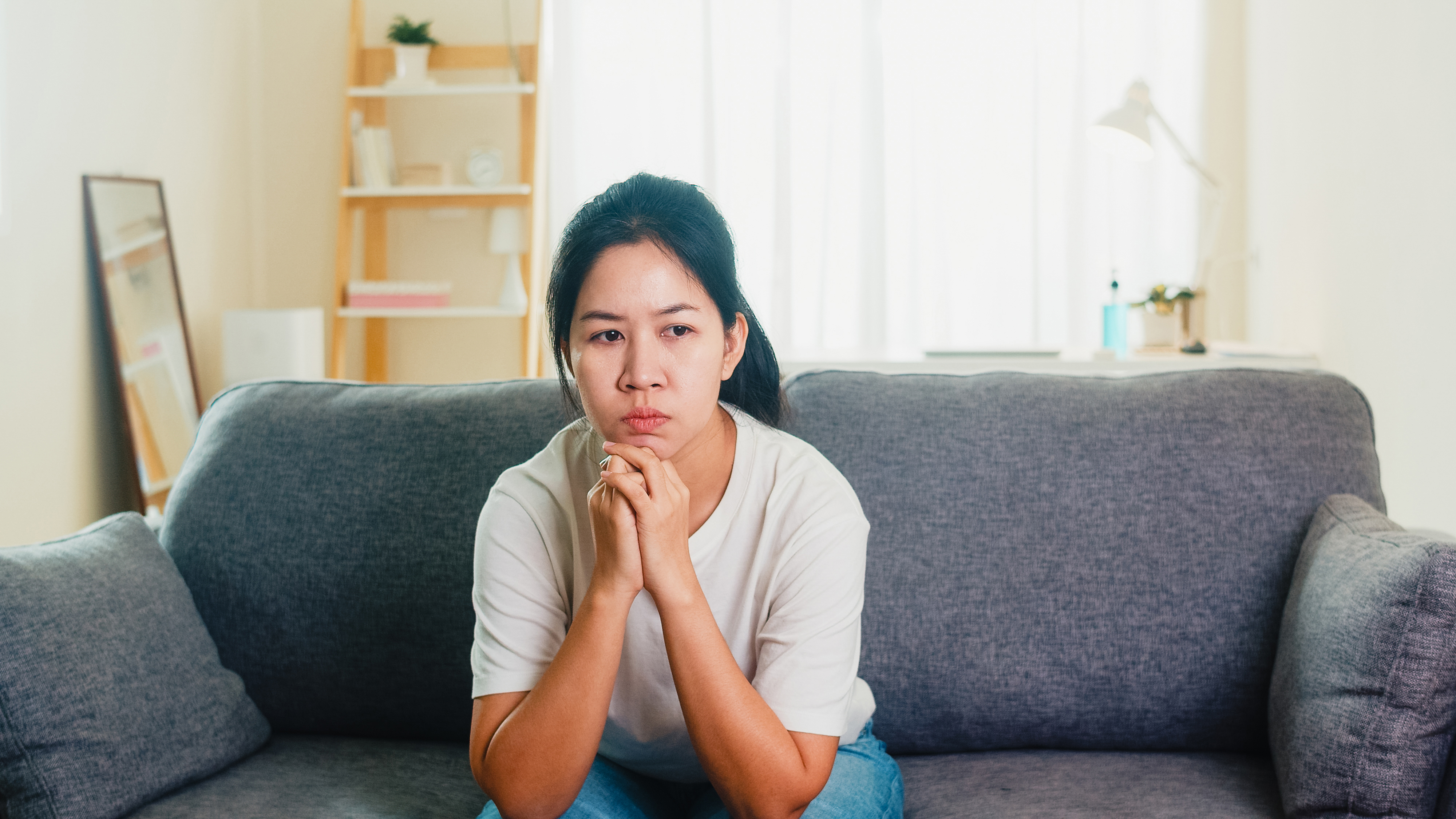A bit of anxiety is healthy and quite reasonable. It can keep you effectively functioning even while you are under pressure. Trying to avoid stress altogether is an exercise in futility. However, prolonged angst can be pathological. It does not benefit your mental or physical health. If you have anxiety problems, you may try one or more of the following activities to put your emotions in check.
1. Take Time To Meditate
There has never been a more convenient time to delve into relaxation exercises, mindfulness, and meditation than right now. Using these tools will not only help you manage the uneasiness but also decrease it substantially. Apply them when you are well to ward off the anxiety attacks, and when you are not feeling well to manage the situation.
Many websites help with mastering these exercises, and some of them offer free services. You may also get practice exercises in some books and local programs. You would like to start by trying out this free website.
2. Separate Yourself From The Environment Or People Making You Anxious
When you get anxious, taking time out will apply to you just the same way it would apply to a child. Anxiety affects your behavior and feelings by making you short-tempered, agitated, or irritable. When you notice these signs, it is high time to shift your focus inward and shut out your surroundings. You may consider visiting a close friend and discussing your feelings, or doing something enjoyable like listening to soft, soothing music. Taking time out can be part of a routine instead of using this method when you already have anxiety attacks.
3. Do Some Physical Exercises
During exercise, your body releases the feel-good hormones called endorphins. These hormones cause your body to relax and thus improve your anxiety. Since anxiety also causes your muscles to become tense, exercising helps to relieve the tension. You do not have to do a full workout. Just a few yoga routines done for about ten minutes might be sufficient.
4. Breathe Deeply
Anxiety can affect the way you breathe so that instead of striking a balance between inspiration and expiration, you breathe out more than you breathe in. It can cause you to lose consciousness, become lightheaded, or experience pins and needles in your fingers. To slow down anxious breathing and to calm your breath, take a few deep breaths. It will ease your mind, relax your muscles, and reduce your heart rate.
5. Manage Your Time
You might become quite anxious when you have a deadline to meet, or you have very many tasks to do that you feel overwhelmed. Give yourself a break by applying a time management strategy so that you can focus on each task until you complete it. You might have to go old-school, using pen and paper to jot down everything you need to do and the steps to take towards achieving each goal.
Set your priorities right by identifying what needs to be done first and what can wait or be delegated to other people. It will also help to set realistic goals by scheduling each task with ample time for its completion. Also, don’t forget to reward yourself once you have completed the job.
Anxiety takes a toll on your relationships and affects your health by modulating your hormonal functions, causing a lack of sleep, or even spiking your blood pressure. It will be necessary to see a doctor when it goes overboard, and you feel unwell for a prolonged period. Never underestimate the need for medical attention when it comes to your mental well-being.
Check out more mental health tips and advice here.


